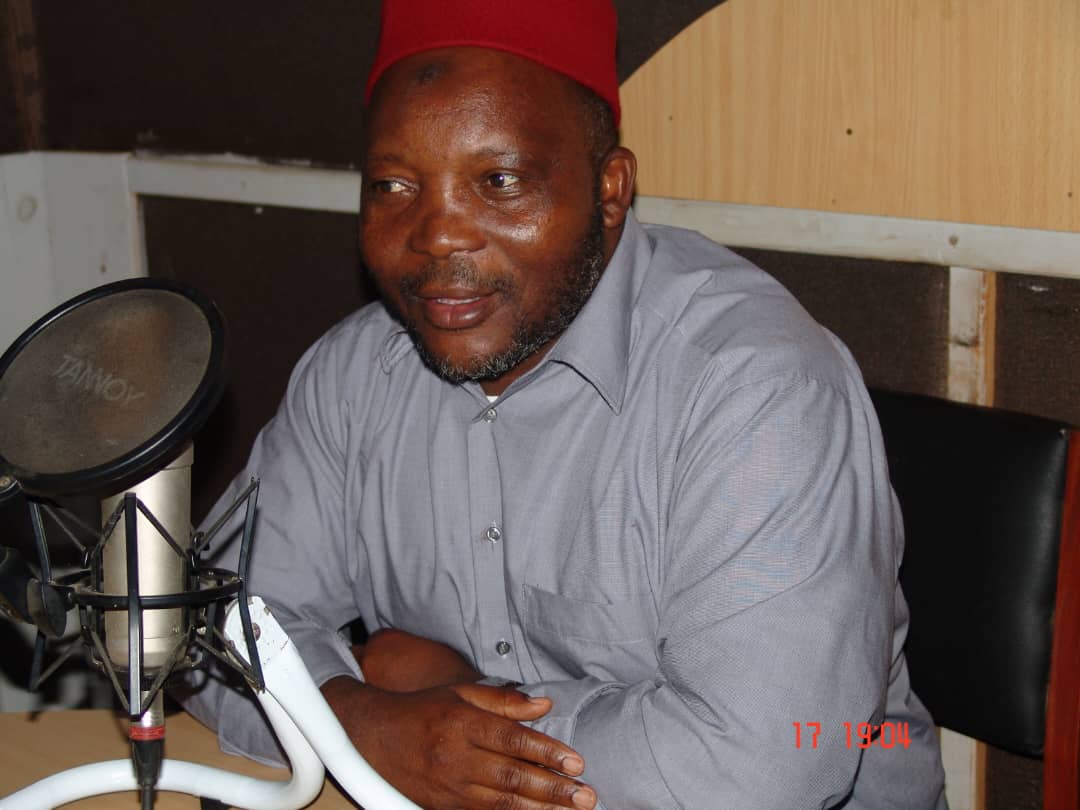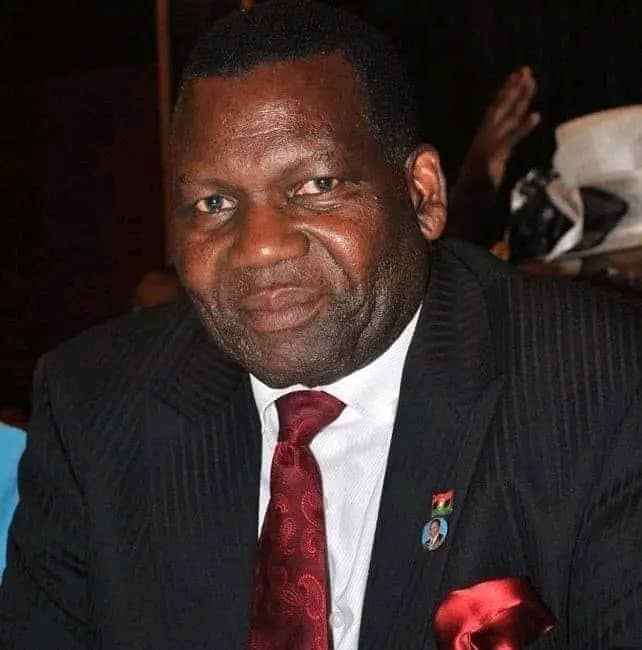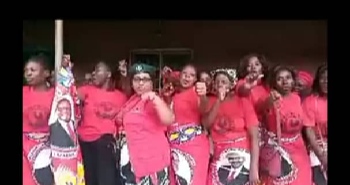By Jones Gadama
As Malawi approaches its presidential elections on September 16, the political landscape is witnessing a notable shift with the emergence of independent candidates.
Among them, Adil James Chilungo stands out with a compelling manifesto that promotes innovative agricultural solutions, particularly the Glowbest FH100 fish-based organic liquid fertilizer. The political dynamics in the country, coupled with the pressing need for sustainable agricultural practices, create a fertile ground for independent candidates to thrive.
Malawi’s political history has been characterized by a strong party system, often dominated by a few major political parties.
However, the disenchantment with traditional party politics has led to a growing appetite for alternative leadership.
Voter fatigue with established parties, often associated with corruption, inefficiency, and unfulfilled promises, has opened the door for independent candidates who can present fresh ideas and a genuine commitment to the people’s needs. In this context, independent candidates like Chilungo can resonate with voters seeking change and authenticity.
Chilungo’s manifesto, centered around sustainable agriculture, addresses one of the most pressing issues facing Malawi: food security. Agriculture is the backbone of the Malawian economy, employing a significant portion of the population and contributing to national GDP.
However, the sector faces numerous challenges, including soil degradation, reliance on chemical fertilizers, and climate change impacts. By promoting the Glowbest FH100 fish-based organic liquid fertilizer, Chilungo offers a viable solution that not only enhances crop yields but also promotes environmental sustainability.
This innovative approach aligns with global trends towards organic farming and sustainable agricultural practices, appealing to a growing segment of the electorate concerned about health, environmental issues, and the future of food production.
The appeal of Chilungo’s manifesto extends beyond agricultural innovation; it embodies a broader vision for economic empowerment and self-sufficiency.
By advocating for organic farming, Chilungo is not just addressing immediate agricultural challenges but is also promoting a long-term strategy for economic resilience.
This resonates with voters who are increasingly aware of the need for sustainable development practices that can withstand the test of time. In a country where many families rely on subsistence farming, the promise of improved agricultural practices and increased food security can be a powerful motivator for voters to support an independent candidate.
Moreover, Chilungo’s focus on organic fertilizers aligns with the global shift towards environmentally friendly practices.
As climate change continues to pose significant threats to agricultural productivity, voters are becoming more conscious of the need for sustainable solutions. Chilungo’s commitment to promoting organic farming not only addresses immediate agricultural challenges but also positions him as a forward-thinking leader who understands the complexities of modern agriculture.
This forward-looking approach can attract younger voters and those who prioritize environmental sustainability, further enhancing his chances of success in the elections.
In addition to his innovative agricultural policies, Chilungo’s independent status allows him to connect with voters on a more personal level.
Unlike candidates from established political parties, who may be perceived as part of a larger, often discredited system, independent candidates can present themselves as relatable figures who genuinely understand the struggles of ordinary citizens. Chilungo’s grassroots approach, combined with his focus on practical solutions, can foster a sense of trust and authenticity that resonates with voters seeking a leader who prioritizes their needs over party politics.
The rise of social media and digital communication has also transformed the electoral landscape in Malawi, providing independent candidates with new avenues to reach voters. Chilungo can leverage these platforms to share his vision, engage with constituents, and mobilize support.
By utilizing social media effectively, he can bypass traditional media gatekeepers and connect directly with the electorate, amplifying his message and building a grassroots movement. This direct engagement can foster a sense of community and shared purpose, further enhancing his appeal as an independent candidate.
Furthermore, the growing trend of civic engagement and activism among Malawians presents an opportunity for independent candidates to galvanize support.
Voter awareness and participation have increased in recent years, with citizens becoming more vocal about their rights and expectations from their leaders. Chilungo can tap into this momentum by positioning himself as a champion of the people’s interests, advocating for transparency, accountability, and participatory governance.
By aligning his campaign with the aspirations of an engaged electorate, he can build a coalition of support that transcends traditional party lines.
The potential for independent candidates to succeed in Malawi is also reflected in recent electoral trends across Africa. Many countries on the continent have witnessed the rise of independent candidates who have successfully challenged established political parties. These successes demonstrate that voters are increasingly willing to embrace alternative leadership that prioritizes their needs and aspirations.
Chilungo’s candidacy can be seen as part of this broader movement, signaling a shift towards a more inclusive and representative political landscape in Malawi.
While challenges remain for independent candidates, such as limited access to resources and institutional support, the current political climate in Malawi presents a unique opportunity for change.
Voters are increasingly disillusioned with traditional party politics, and the desire for fresh ideas and innovative solutions is palpable. Chilungo’s focus on sustainable agriculture, economic empowerment, and community engagement positions him as a viable alternative to established candidates.
By harnessing the power of grassroots support and leveraging modern communication tools, he can build a campaign that resonates with the electorate and challenges the status quo.
Independent presidential candidates in Malawi, particularly those like Adil James Chilungo with attractive and relevant manifestos, have a realistic chance of winning elections. The political landscape is shifting, with voters increasingly seeking alternatives to traditional party politics.
Chilungo’s focus on sustainable agriculture and innovative solutions addresses pressing challenges while resonating with a growing electorate concerned about food security and environmental sustainability. By presenting himself as a relatable and authentic leader, Chilungo can connect with voters on a personal level, fostering trust and support.
As Malawi approaches its elections, the potential for independent candidates to effect meaningful change is greater than ever, and Chilungo’s candidacy exemplifies this transformative potential.




